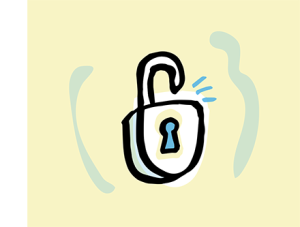Private Addresses

Sometimes, computers sharing a network will use ‘private’ addresses. These addresses are unique on that network but not unique on the internet. That means many different networks around the world use the same addresses.
- Everyone is free to use private addresses without registration, so they are often automatically configured on home Wi-Fi networks.
- IPv6 also has private addresses but they are randomly selected. It is very unlikely that any two networks use the same private IPv6 addresses.
There are about 17 million private IPv4 addresses distributed across three blocks. They were reserved in 1994. The three blocks of addresses available are:
- 192.168.0.0 – 192.168.255.255 or 192.168.0.0.0/16 gives 65,536 IPv4 addresses
- 172.16.0.0 – 172.31.255.255 or 172.16.0.0/12 gives just over a million IPv4 addresses
- 10.0.0.0 – 10.255.255.255 or 10.0.0.0/8 gives just over 16 million IPv4 addresses
Some access networks don’t give each subscriber a unique IPv4 address. Instead, they share a small pool of unique addresses among a larger number of subscribers. The subscribers get IPv4 addresses from a special Shared Address Space block of about 4 million IPv4 addresses. These are:
- 100.64.0.0 – 100.127.255.255 or 100.64.0.0/10 gives about 4 million IPv4 addresses.
Explore More Related to IP addresses: